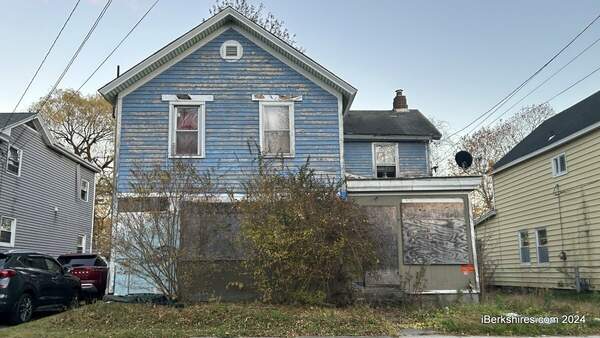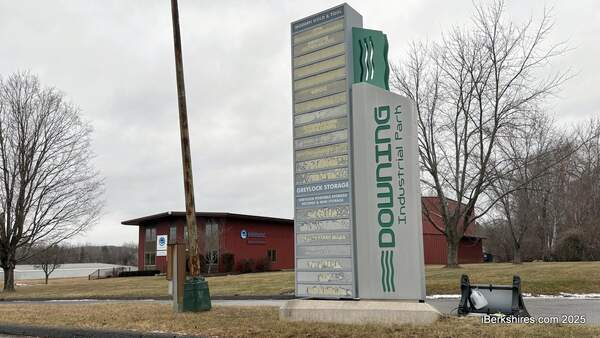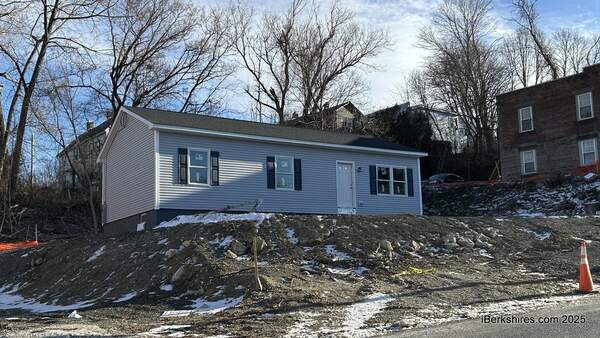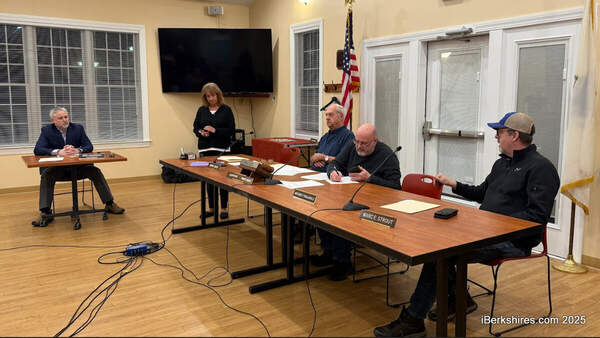Pittsfield Cable Committee Seeks Lawyer Funds, Starts Ascertainment Plans
PITTSFIELD, Mass. — The City Council will tackle a $25,000 request on Tuesday from the Cable Advisory Committee to obtain legal counsel for the Spectrum contract renewal.
This includes a review of the license and charter, planning of ascertainment, gathering information on community needs, negotiations, and drafting the initial renewal license. The services from Stoneham attorney William Solomon come at a rate of $200 an hour.
The committee met last Thursday to draft a timeline for its ascertainment, or public input, process. Because the chosen attorney was not present and funding has not yet been secured, they mapped out priority actions to be done by the fall.
Pittsfield's 10-year contract ends in September 2024 and it is recommended that the contract negotiations take place over 12 months.
By the end of October, the committee would like to have three public hearings, a possible survey, a review of the current license, publicity on the process, visits to cable plants and the community television station, and a report on its findings.
A subcommittee made of James Moran and Shawn Serre, executive director of Pittsfield Community Television, identified priorities prior to the meeting.
A public survey was suggested even though Solomon does not see much importance in one.
"It might be something that we can create even if it's a cursory survey that gets out to people and allows them one more way to communicate," Serre said.
"Some people aren't comfortable coming to a public hearing and getting up in front of a microphone to say what they feel about cable but maybe if they had a survey available to them, they could check off some box and send it to us and that's some additional information that we can compile."
A general public hearing, one for education and government, and another for PCTV were recommended so that people can also give feedback on the public, education, and government access (PEG) channel.
Moran emphasized the importance of education on the details of the contract.
"We really need to know what we are negotiating," he said.
Last month, the committee interviewed Solomon and Boston attorney William Hewig and Solomon was chosen for his enthusiastic approach to the negotiation. He gave a $19,000 cost estimate, close to Hewig's $18,000 estimate, and the panel asked for $25,000 to provide a buffer.
Solomon proposes having three public hearings (for department heads, schools, and the public,) and suggested communicating with department heads and the schools to see what their needs are.
Member Patrick Mele Jr. pointed out that they may have to meet more frequently than once a month due to weather and information-gathering delays.
Hopeful that it will have funding, the panel plans to flesh out a plan for the next six or so months at its next meeting on April 6.
Tags: cable television,
















